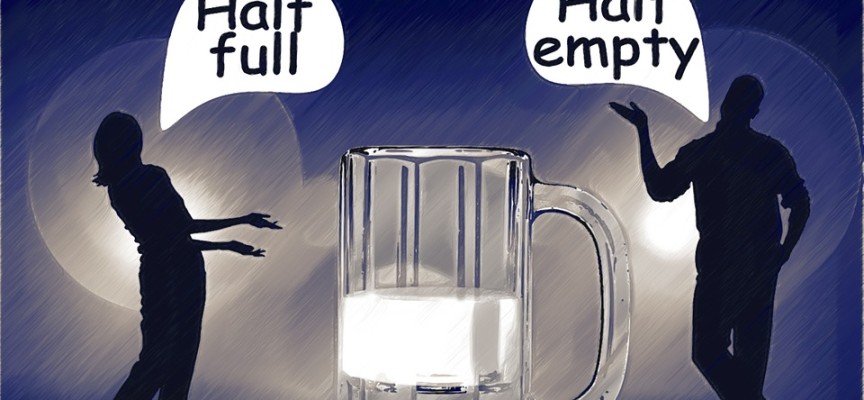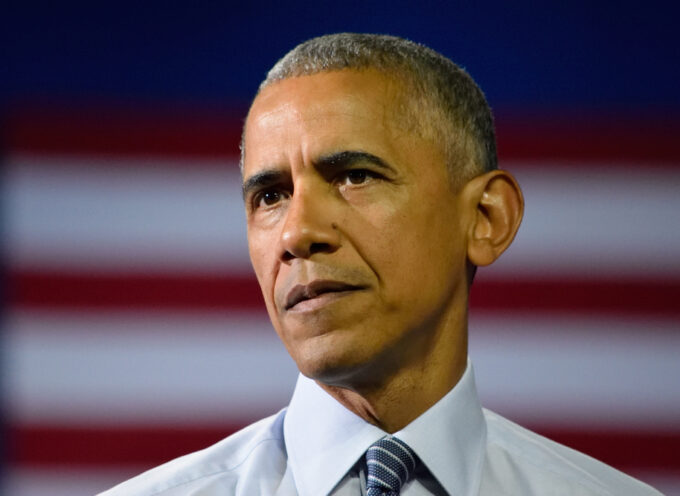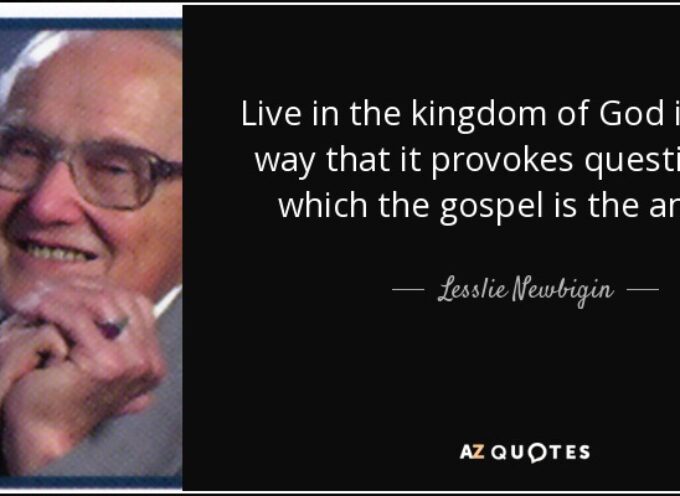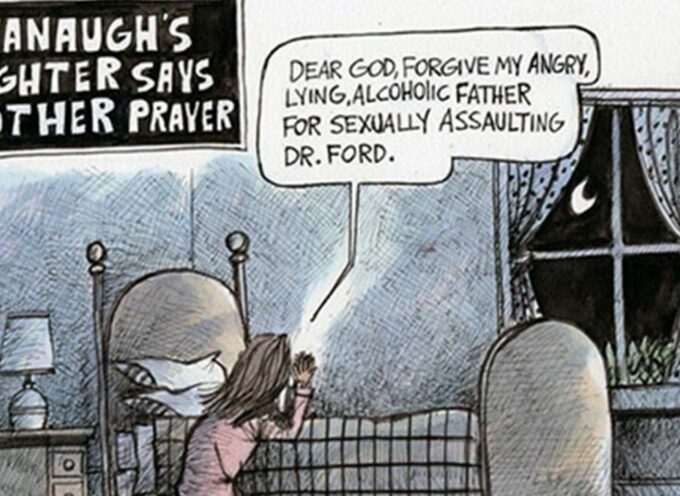Concerning the past ten years in American politics and public life, one thing is for sure: many conservative evangelicals feel like the cultural ground beneath us has shifted so rapidly and so decisively that we many never regain our footing.
We have lost ground democratically. We realize in very tangible ways that many and maybe most Americans differ significantly with our vision of the good life. They differ from us in our view of the origin and destiny of the universe, the nature and purpose of human life in this world. They reject our view of the givenness of gender and the purpose of sexuality, and of the value of human life in the womb. They are skeptical about the value and public significance of a robust view of religious liberty. And much more. So we find it difficult to believe that we can restore a Judeo-Christian vision of the good life through democratic means.
But it gets worse. We feel that the Judeo-Christian vision wasn’t cast aside democratically, but autocratically at the hands of the unelected lawyers of the Supreme Court. We view the 1973 Roe v. Wade and 2015 Obergefell v. Hodges decisions as “legislations from the bench,” as circumventions of the Constitutional process whereby we the People would have had a say.
So we’ve lost ground and it seems there is a very slim chance to regain the ground. For that reason, we might be tempted to turn to a strong man who might fight on our behalf, to hope for a sort of eye-for-eye authoritarianism. “They’ve strong-armed us, so we’ll strong-arm them.” If we can achieve this, we are tempted to say, we might once again have reason for optimism.
Alternately, we might be tempted to quit, to reject the political realm as a lost cause rather than a God-given arena for witness. Because things are so bad, we are tempted to think, there is good reason for our view of politics and public life to be characterized by a deep and righteous pessimism.
Which response is right? Given the state of affairs in American politics and public life, should we be optimistic or pessimistic? In One Nation under God, Chris Pappalardo and I argue that there is a third way. Here are a few paragraphs from the book that I hope will be helpful in this political moment:
As we work for the good of our country and its public life, we should continually remind ourselves to be realistic in our expectations. We live in a fallen world, one that will not be conformed fully to Christ’s ideals until he returns. We should not expect more from politics and public life than can be had in this time between the times. Investing politics with majestic hopes will only lead to crushing disappointment.
As we have argued repeatedly, this does not mean that we abandon politics. Rather, we labor dutifully, all the while knowing that our ultimate hope comes not through the right political leader, but through Christ alone. Good politics won’t save us from what ails us most, neither will bad politics take away what matters most.
We understand the anxiety with which many conservative Christians in America experience the climate around them. Here is our country, a country that we want to share our values, a country that did at one time largely share those values. And right here in our backyard, we think, we are now treated as interlopers. But two reminders are needed in response to this anxiety (an anxiety often leading to anger or fear).
First, the situation is not altogether as bad as it often seems. Every generation senses that it is a half-step away from utter destruction, but God continues to show patience. The common grace manifest in our society slows any descent into chaos.
Second, there remains a power at work in our society that can redeem and restore—the gospel. We need not view our country’s future with optimism in order to live with hope. Optimism often is not grounded in any reality. But Christian hope is grounded in reality, and enables us to live with grace and joy even in times of distress and darkness.
As Christians, we know the story’s end, and no disagreement in the present can cast a long shadow over that shining truth. Thus even as we engage in serious and sustained debate with the majority of our fellow citizens, we do so with an eye toward the new heavens and earth. Our fellow citizens should sense that we care deeply about current politics. But they should also be unsettled, seeing how we consider every jot and tittle of current politics penultimate to the coming of our Lord.
It is true that we evangelical Christian citizens of the United States find ourselves in an increasingly minority role. Our vision of the good life now competes with many other visions. But in the midst of this plurality, we should allow God’s revelation—rather than our personal feelings of anxiety, fear, or anger—to shape our experience of politics and our response to political developments.
By operating within a Christian framework, we can feel comfort that God remains sovereign. Although things are out of our control, they are not out of his control. For that reason, we can refuse to invest politics with messianic hope or to withdraw from it in resignation.
We can come to terms with the fact that we live in an increasingly plural democratic republic, and we can embrace the opportunity for witness and perhaps for influence. We can engage in serious and sustained debate with our fellow citizens, and do so with both conviction and civility.
Instead of wishing for politicians who will strong-arm American citizens into submitting to our views, we can work within the democratic process to witness to the truth. The gospel is freely given and freely received, so we should promote it with love and persuasion rather than hostility and coercion.
And finally, we can resist the allure of being optimistic about our own ability to catalyze change or pessimistic about our fellow citizens, and instead live in the certain hope that the Lord will return again to make things right. Our hope is not in an elected president, a nominated SCOTUS, or a sitting Congress, but in a coming King.
Subscribe
Never miss a post! Have all new posts delivered straight to your inbox.







